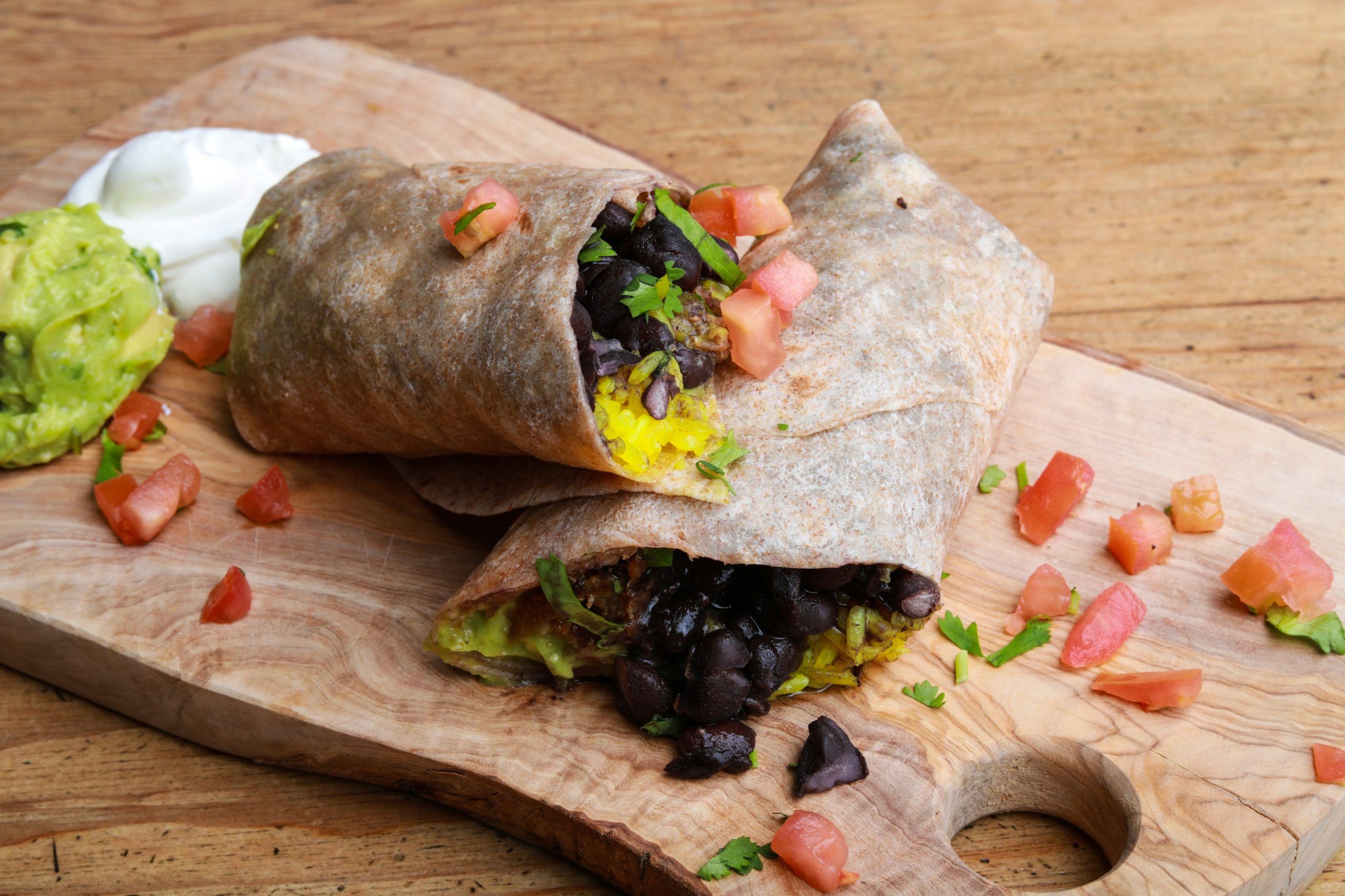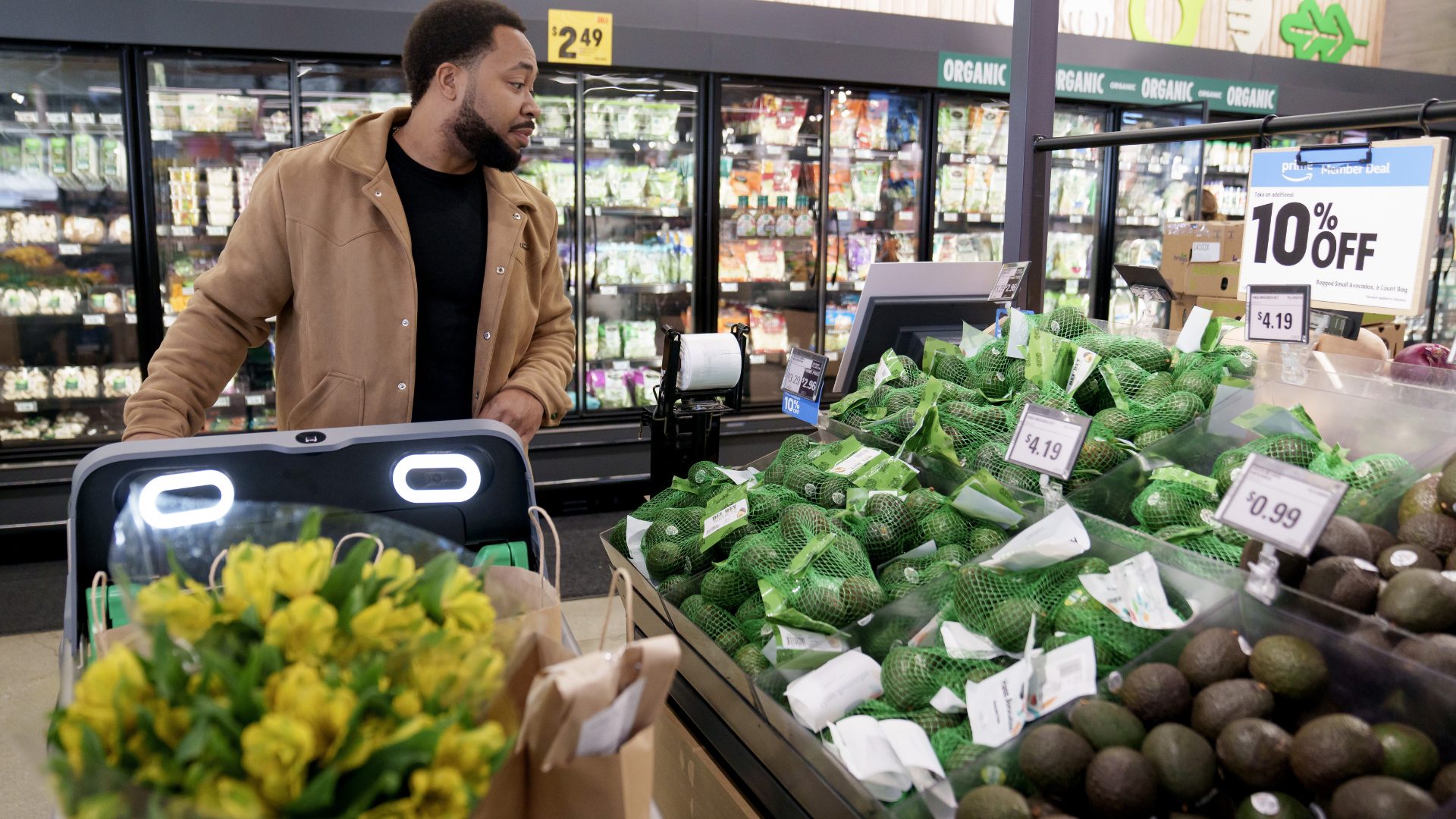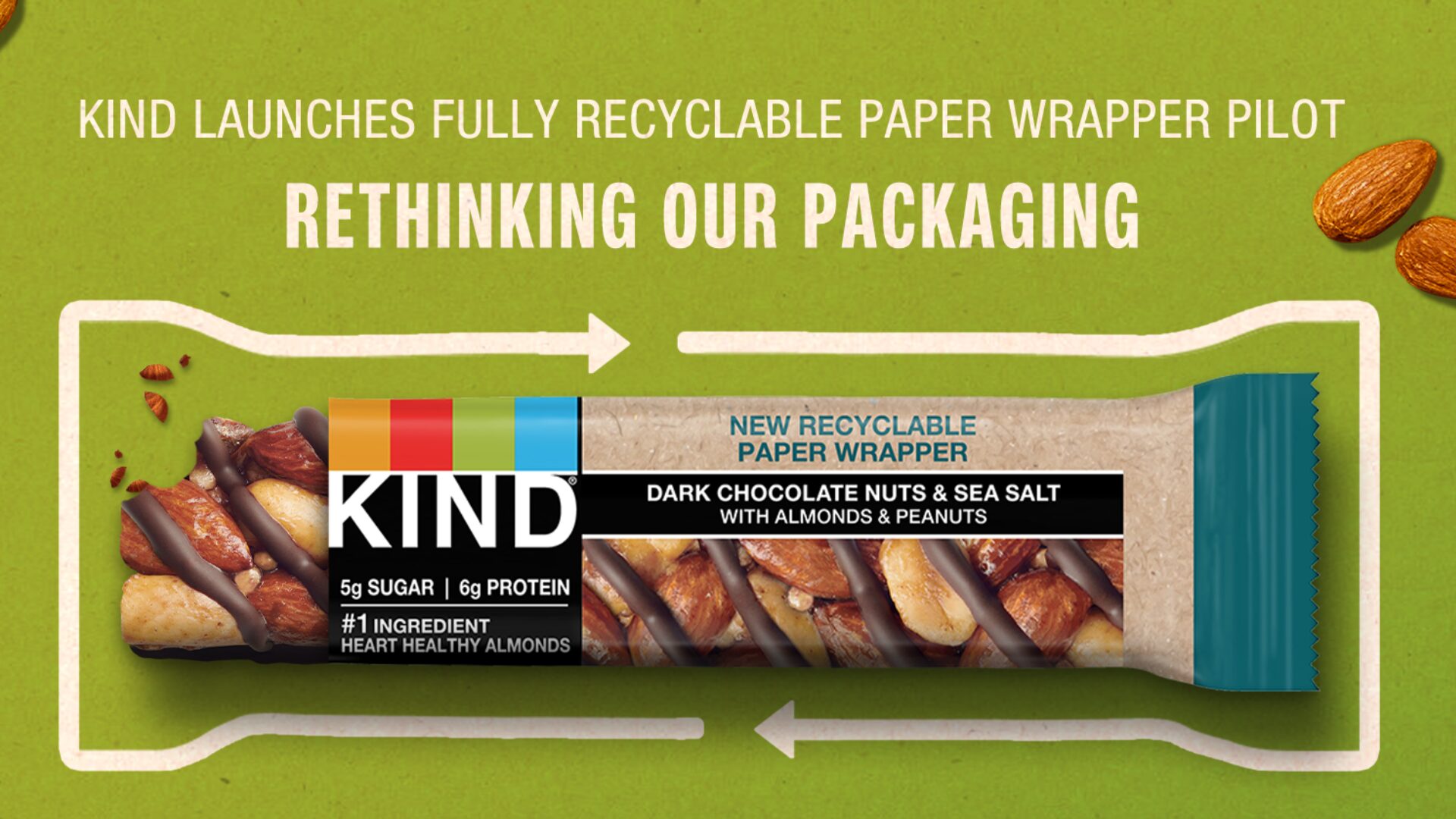Whole Foods Market co-founder John Mackey is making news ahead of stepping down from the natural-foods grocery giant next month.
Mackey, who built Whole Foods from a single store into a grocery powerhouse, is listed as a partner in startup Healthy America LLC that, according to media reports, plans to develop a chain of plant-based restaurants and wellness centers.
While Mackey’s backing of Healthy America is a welcome sign for plant-based supporters, it’s by no means the first instance of the food industry seeing the potential of marrying restaurants with plant-based foods.
In fact, with about 10 percent of Americans over the age of 18 considering themselves vegan or vegetarian, restaurants are already catering to the growing number of vegetarians and vegans in the U.S.
And the opportunities for growth are significant
Making inroads on menus
A report from AI platform Tastewise reveals that vegan meat substitutes present a $14 billion opportunity, concluding that plant-based meat is appearing on foodservice menus 1,320 percent more than before the COVID-19 pandemic. (The Beet, Sept. 2021)
From Burger King’s Impossible Whopper (and the recently-launched Impossible King and Impossible Southwest Bacon Whopper) to KFC’s Beyond Fried Chicken to a host of other selections across the restaurant landscape, vegan and vegetarian options are gaining traction with consumers.
And while there isn’t a hard number signaling the amount of vegan restaurants or establishments that serve alternative options, there are indications of plant-based growth across the entire restaurant space.
According to a recent Chef’s Pencil report analyzing Google AdWords, vegan-related word searches increased over the last few years, and were almost exclusively for dining out. For example, the search for “vegan food near me” and “vegan restaurants” rose dramatically in the summer of 2021 and continued to gain traction in the first quarter of 2022. (Emerging, May 31)
Smaller restaurants get in on the act
Smaller restaurateurs are also leveraging the rising popularity of plant-based options.
Earlier this month, for example, vegan fast-food concept nomoo announced a partnership with Nestle Professional, the world’s largest global foodservice manufacturer, to develop a proprietary line of plant-based products. The companies’ first offering, a gluten-free, non-GMO pea-protein burger, will launch in October, with a plant-based chicken burger and cheese currently in the works. The Nestle partnership could boost nomoo’s status as an appealing concept for potential franchisees. (Vegconomist, Aug. 3)
“Meat-based consumption is dying,” said Steele Smiley, founder of the STALK & SPADE plant-based fast-casual franchise. “Here’s the deal,” Smiley told The Food Institute. “You build for the future, you don’t build for today. … I believe that meat-based consumption will be down 50 percent within a decade.”
Plant-based doesn’t always work out
Last year, Dunkin’ pulled the Beyond Sausage breakfast sandwich off its U.S. menu. And earlier this month, McDonald’s said its McPlant test concluded as planned, with neither McDonald’s or Beyond Meat announcing plans for additional testing or a nationwide launch.
Plant-based can also fizzle at higher-end establishments.
Daniel Humm, chef-owner at New York City’s three Michelin-starred restaurant Eleven Madison Park, reopened from an extended pandemic-related closure last year with a 100% plant-based menu. While many admire Humm’s efforts, there have been a good number of negative reviews of the food, on top of allegations of food waste.












